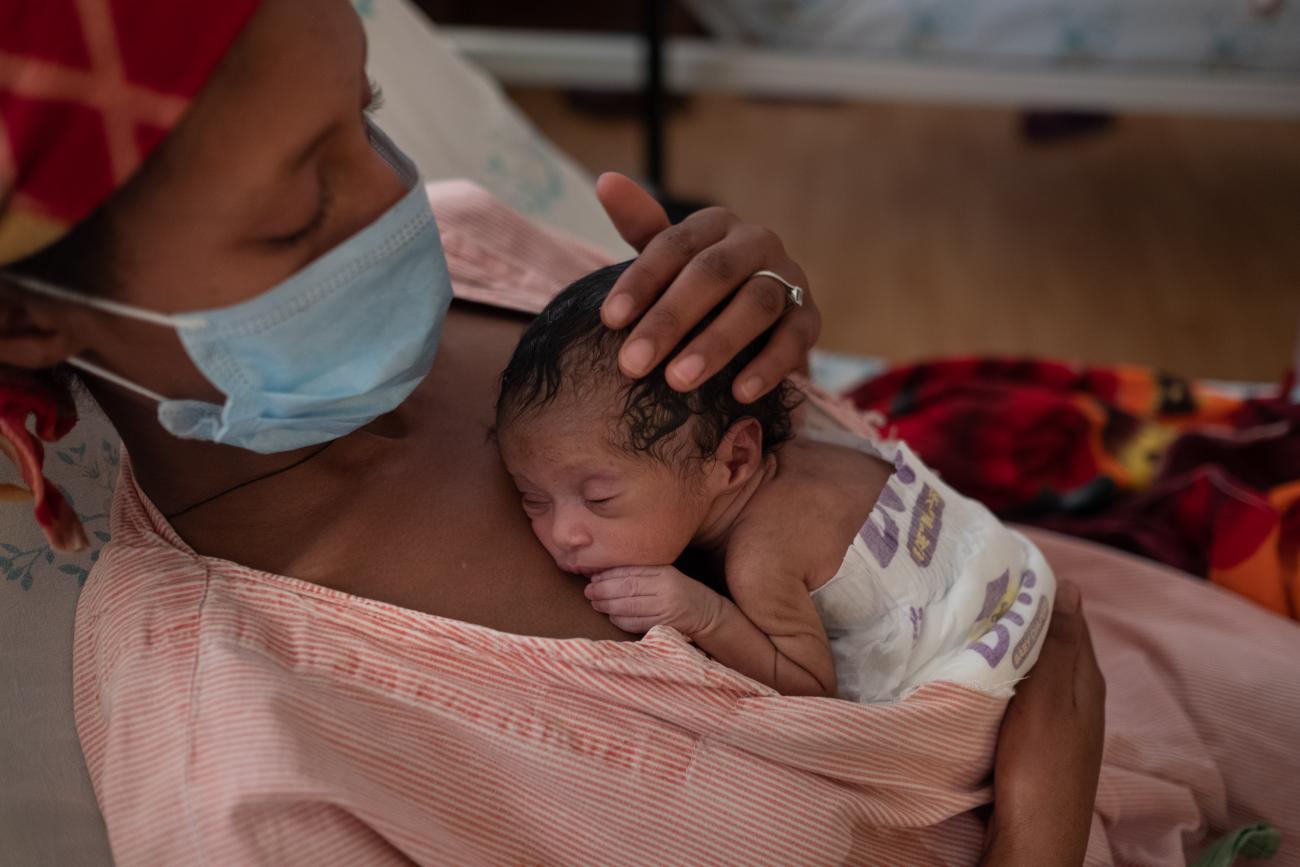
The spread of COVID-19 - together with the need to harmonize national and international health emergency response - has made clear that efforts to achieve Universal Health Coverage (UHC) and to respond to health crises are reliant on a whole-of-society approach. Leveraging the private sector for healthcare service delivery is key to advance the UHC agenda and to efficiently respond to health emergencies, ensuring that all health-related services and goods are available, accessible, acceptable, and high-quality for all, irrespective of where people seek care.
In this context, teams at WHO have intensified their work on private sector engagement to achieve UHC goals. The Health System Governance and Financing (HGF) department in 2020 launched the WHO Private Health Sector for COVID-19 Initiative (WHO-PCI) to offer rapid, real-time, evidence-based, and tailored support for countries to better respond to the pandemic and to prepare their health systems for the post COVID-19 period. Likewise, the department of Maternal, Newborn, Child and Adolescent Health and Ageing (MCA) has been supporting 19 countries in five regions to mitigate the impact of COVID-19 on essential maternal, newborn and child health (MNCH) and family planning (FP) services.
Building on the existing efforts of HGF and MCA, this study will document the experience, benefits, challenges and lessons of engaging with the private sector to maintain the delivery and use of MNCH and FP services and protect UHC outcomes (quality, access, financial protection) during and post-COVID-19 pandemic. Three countries, corresponding to three different WHO regions, have been selected for this study: Bangladesh, Pakistan and Uganda.
This annex summarises the approach and methodology for the study. The search strategies used for the literature review are also provided.